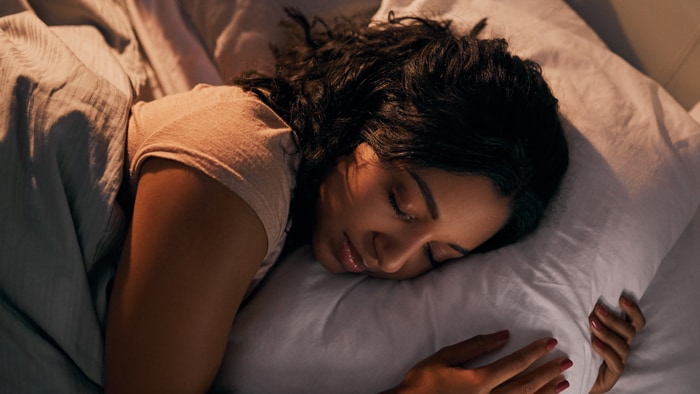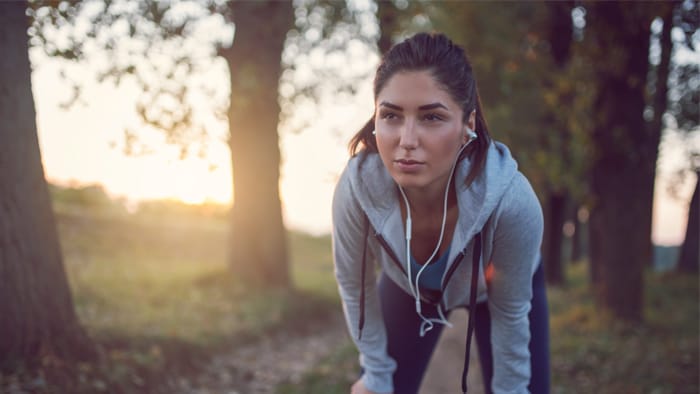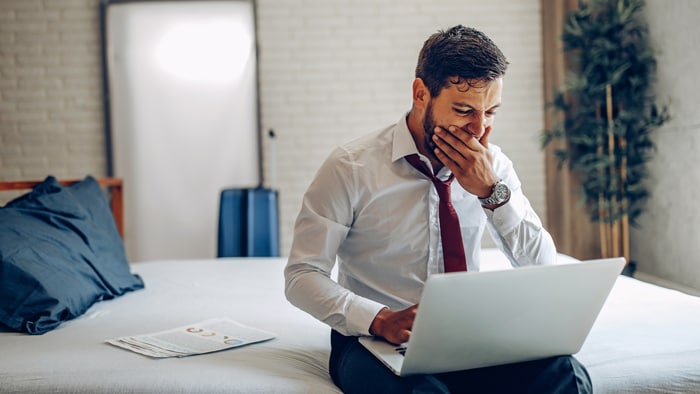Want to improve your golf game? Treat your sleep apnea
By Jennifer Nelson Looking to sweeten your golf swing and lower your handicap? You may not need a pricey, private pro-golf instructor. A recent study shows treating sleep apnea with a CPAP (continuous positive airway pressure) machine may up a person’s game on the green. A small study published in the Journal of Clinical Sleep Medicinelooked at 24 men with an average age of 55 with moderate to severe obstructive sleep apnea, a condition in which a person temporarily stops breathing while sleeping. Half the men underwent CPAP treatment for six months, utilizing CPAP therapy for an average of 6.3 hours per night for 91.4 percent of the nights. All study participants recorded their golf handicap prior to and after the study, during which they played 20 rounds of golf. Researchers discovered that the men who received CPAP therapy not only slept better and reduced their fatigue, they also decreased their average golf handicap, or the number of strokes shot over or under par, by 11 percent. What’s more, of the men whose handicap index was 12 or less, the average handicap index decreased by more than 30 percent. The degree of improvement was even more substantial in better golfers, noted study researcher Dr. Marc Benton, a senior partner at Atlantic Sleep & Pulmonary Associates and medical director of SleepWell Centers of New Jersey. The men in the study attributed their enhanced golf performance to improved concentration, endurance and decision-making. “With the cognitive enhancement afforded by successful treatment of their sleep apnea, they saw measurable improvement early and more significantly than those who were less skilled,“ said Benton in a press release discussing the study. The sleep apnea patients in the study said they were even more inclined to follow up with CPAP therapy because they knew the treatment could improve their golf performance. Approximately 22 million Americans suffer from sleep apnea, with 80 percent of moderate and severe sleep apnea cases undiagnosed, according to the American Academy of Sleep Medicine. Obstructive sleep apnea can affect people of all ages, including children, but it is most common in men over 40, especially in those who are overweight or obese. The next time you’re looking for something to blame your golf game on, consider how well you’re sleeping. Think you may have sleep apnea? Take this quiz, then make an appointment with your doctor. And not on the golf course.



